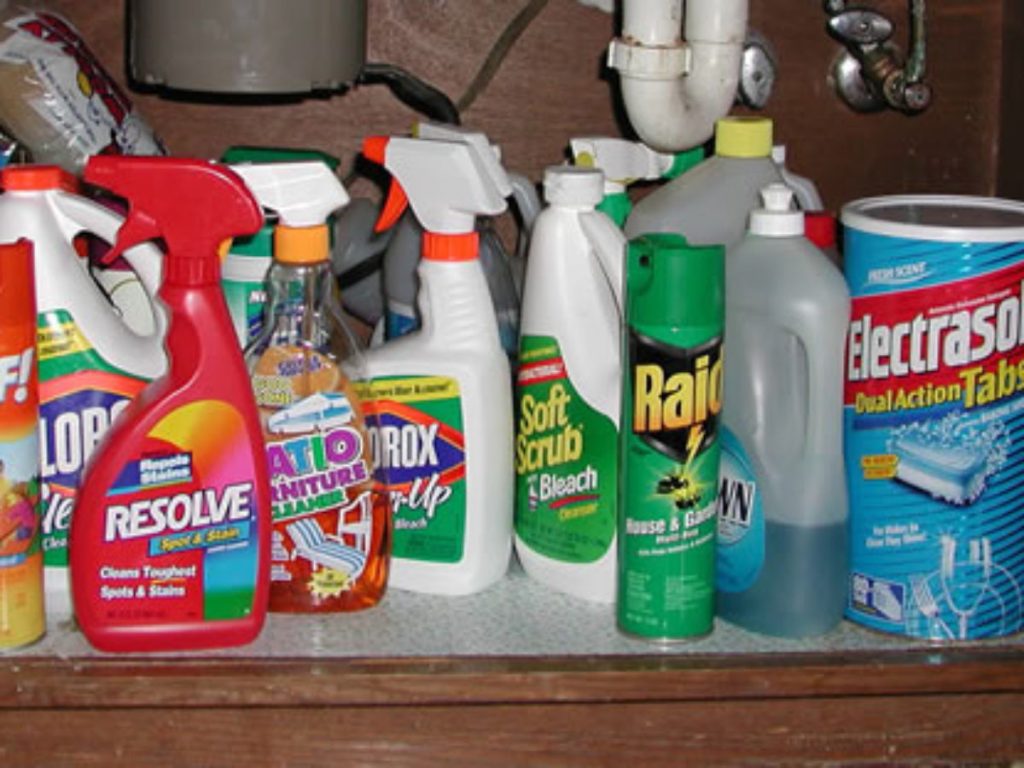Poisonings & Exposures
Published .

A poison is any substance that is harmful to your body. You might swallow it, inhale it, inject it, or absorb it through your skin. Any substance can be poisonous if too much is taken. Poisons can include:
- Carbon monoxide from gas appliances – The main culprit for carbon monoxide poisoning is kerosene space heaters used to warm a house in the winter. One of these space heaters can literally kill everyone in a house without warning. Carbon monoxide is a colorless and odorless gas that binds with great affinity to red blood cells. Carbon monoxide poisoning needs to be identified by EMS so the patient can be transported to a hospital with a hyperbaric chamber.
- Household products, such as laundry powder or furniture polish – There are literally thousands of chemicals in the modern household that can result in poisoning due to exposure. Most metal polishes contain cyanide, household cleaning agents can cause burns, and drain cleaner is caustic.
- Pesticides – The same companies that make pesticides also make chemical weapons used in war. People that work in pest control are constantly in contact with these nerve agents. This should be warning to all that use pesticides around the home, but bugs are everywhere.
- Indoor or outdoor plants – Namely poison ivy, poison sumac, and poison oak. These plants cause irritating rashes that sometimes require medical attention.
- Metals such as lead and mercury – For years, pipes were fit together with lead based solder and paint was lead based. Mercury is found in thermometers, thermostats, and even blood pressure cuffs. To make matters worse, mercury is found in seafood. Mercury is highly toxic to humans
- Industrial Chemicals – Industrial settings are ripe with exposure to hazardous materials. When confronted with exposure to an industrial chemical, medics take a step back and consult their ERG to determine isolation distance and decontamination procedures.
The effects of poisoning range from short-term illness to brain damage, coma, and death. To prevent poisoning it is important to use and store products exactly as their labels say. Keep dangerous products where children can’t get to them. Treatment for poisoning depends on the type of poison. If you suspect someone has been poisoned, call your local poison control center at 1-800-222-1222 right away.
